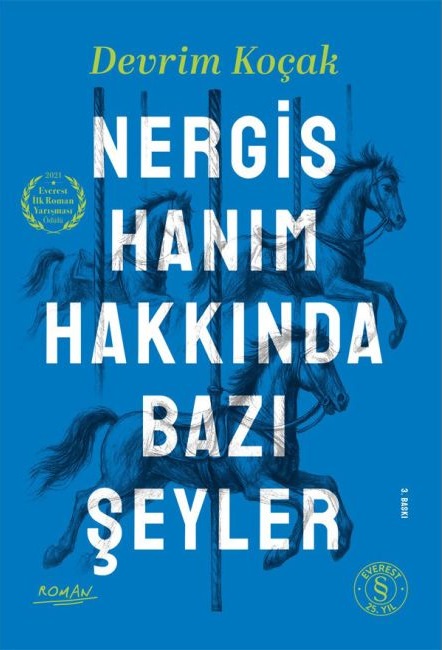In the context of Schopenhauer’s concept of “will”: Is the character Heathcliff in Emily Brontë’s novel “Wuthering Heights” a prisoner of his passions or a conscious agent of evil?
Schopenhauer’s Concept of “Will” in the Context of Heathcliff: Prisoner of Passions or Conscious Agent of Evil?
The concept of “will” (Wille) in Arthur Schopenhauer’s philosophy is based on the fact that man’s basic impulses and unconscious desires determine his actions. According to Schopenhauer, will is a blind and relentless power independent of reason; it condemns man to a continuous cycle of dissatisfaction and pain. The character of Heathcliff in Wuthering Heights stands out as a tragic example in this context. His passions, hatred and desire for revenge are like a literary manifestation of Schopenhauer’s “will”. So is Heathcliff a passive slave of this blind will, or has he consciously chosen evil?
- Will in Schopenhauer: A Blind Power
In his work The World as Will and Representation, Schopenhauer defines will as “an effort that constantly reproduces itself and cannot achieve any goal.” Will is an instinct that leads people to pain, leaves them dissatisfied, and that reason cannot control. Heathcliff’s obsessive attachment to Catherine and the devastation he falls into after losing her are precisely the work of this “will”:
Passion: The fear of losing Catherine directs all of Heathcliff’s actions. According to Schopenhauer, this is the objectification of will; Heathcliff tries to exist through the object of his desire (Catherine), but this desire is never satisfied.
Cycle of Pain: The suffering Heathcliff experiences after Catherine’s death fits Schopenhauer’s “eternal suffering of the will.” Even though Heathcliff knows that he will never be able to fulfill his desire, he deceives himself by talking to his ghost (spirit).
- Heathcliff: Slave of the Will?
According to Schopenhauer, a person is a puppet in the hands of his will. In this sense, Heathcliff is like a slave to his passions:
Exclusion and Revenge: The humiliation he was subjected to as a child (Hindley’s cruelty, Catherine’s choice of Edgar) feeds his will with revenge. As Schopenhauer says, “The will is a beast that devours itself.” Heathcliff’s revenge actually turns into a spiral that destroys itself.
Lack of Rational Control: Heathcliff’s methods of punishing Edgar, Hindley and even the second generation (young Catherine and Linton) are completely irrational and instinctive. Like Schopenhauer’s “will,” it does not reason, it simply wills.
- Is it a Conscious Agent of Evil?
However, Heathcliff’s actions are too complex to be explained by a mere “blind impulse.” This is where Nietzsche’s concept of “Will to Power” comes into play:
Conscious Choice of Evil: Heathcliff systematically directs the injustice he suffers at others. For example, keeping Hindley’s son Hareton ignorant and Edgar’s forced marriage to his daughter are examples of calculated cruelty. This is an active display of power, unlike Schopenhauer’s “will.”
Will to Self-Destruct: When Heathcliff finally completes his revenge, he consciously chooses death. This is similar to Schopenhauer’s concept of “denial of the will” (askesis), but different: Heathcliff does not give up his passion, he perishes with it.
- Schopenhauer and the Tragic End
According to Schopenhauer, the only way to escape the captivity of the will is to deny the will (like Nirvana in Buddhism). In contrast, Heathcliff perishes by submitting to his will:
Catherine’s Ghost: The scene where Heathcliff sees Catherine’s ghost at the moment of his death symbolizes the fruitless state of Schopenhauer’s “will.” His love is not satisfied even in death.
The Cycle of Nature: At the end of the novel, the spirits of Heathcliff and Catherine are said to roam Wuthering Heights. This brings to mind Schopenhauer’s idea of “eternal will”: Passions do not end even in death.


